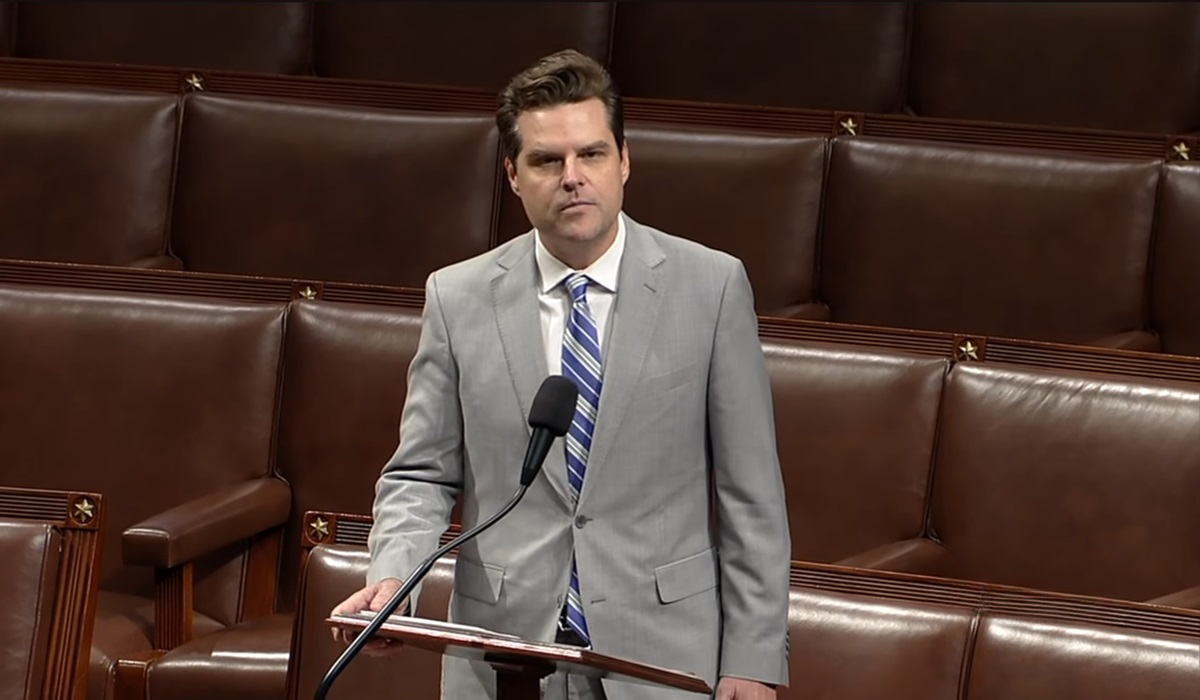Israeli Defense Minister Gallant Splits With Netanyahu On Judicial Reform
- TDS News
- Breaking News
- Middle East
- March 26, 2023

The recent split between Israeli Defense Minister Yoav Gallant and Prime Minister Benjamin Netanyahu’s coalition government has significant implications for the future of Israeli politics. The issue at hand is a proposed overhaul of the justice system, which has been met with opposition from legal experts and civil rights activists who argue that it would undermine the independence of the judiciary and erode the checks and balances essential to a functioning democracy.
The proposed reforms, put forth by Israeli Justice Minister Yariv Levin, would establish a review committee with the power to reform Supreme Court nominations, enabling parliament to overturn Supreme Court rulings. The controversy surrounding these reforms has been brewing for some time, and the recent protests in opposition to them have only added fuel to the fire.
Many constitutional scholars have pointed out the government’s failure to consider the potential consequences of these proposed reforms. The independence of the judiciary is a cornerstone of any functioning democracy, and any attempts to undermine this independence should be met with significant opposition. The proposed reforms would give parliament the power to overturn Supreme Court rulings, which could lead to a situation where the judiciary is no longer an independent branch of government.
Furthermore, the establishment of a review committee with the power to reform Supreme Court nominations could also be seen as an attempt to politicize the judiciary. The appointment of judges should be based on merit, not political affiliation, and any attempts to introduce politics into the appointment process could have serious consequences for the integrity of the judiciary.
The protests against these proposed reforms have been significant, with people from all walks of life coming together to voice their opposition. This level of opposition is not surprising, given the importance of the judiciary in a functioning democracy. The protests also come at a time of political crisis in Israel, with many still seeing Prime Minister Netanyahu as a polarizing figure who symbolizes corruption.
The split between Defense Minister Yoav Gallant and the coalition government is significant, as it shows there is growing dissent within the government. It is unclear what the future holds for the Netanyahu government, but it is clear that there is a perfect storm brewing. The proposed reforms to the justice system have already met with significant opposition, and the split with Gallant only adds to the instability.
Coalition governments are inherently unstable, especially in Israel, where there have been five national elections in five years. The fact that Israelis were sent to the polls three times within a year, from 2019 to 2020, clearly indicates the country’s political instability. The split with Gallant only adds to this instability, and how this will play out in the coming months remains to be seen.








